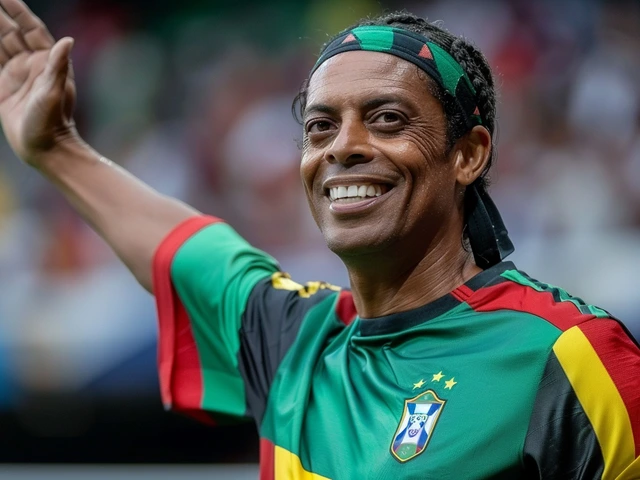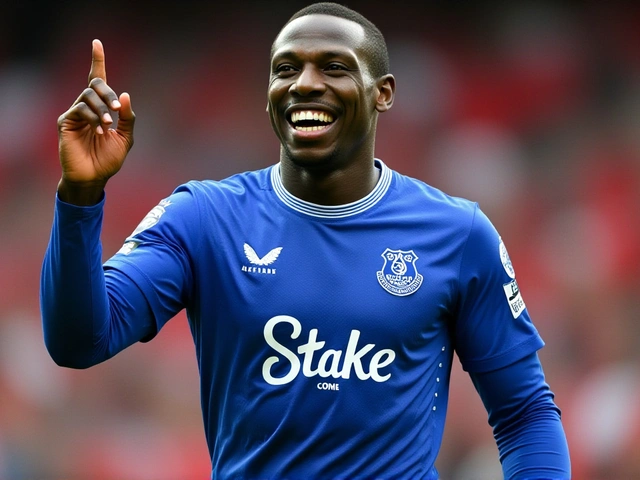Muslim celebrations: Ramadan, Eid al‑Fitr and Eid al‑Adha — what to know
Muslim celebrations shape daily life across much of Africa. If you live here, travel here, or follow the news, knowing how these holidays work helps you plan, show respect, and join in the spirit. This page gives clear, practical info on dates, customs, and what to expect from communities and media coverage.
How dates are set and why they change
Islamic holidays follow the lunar calendar, so dates move about 10–12 days earlier each year. Many communities still use local moon sighting while some countries rely on astronomical calculations — that’s why one country might celebrate Eid a day before its neighbour. For accurate dates, check your local mosque, national announcements, or trusted community calendars a few days before the event.
Ramadan lasts about 29–30 days and ends with Eid al‑Fitr. About two months later comes Eid al‑Adha, linked to the Hajj pilgrimage. Governments often declare public holidays for Eid days, but exact timing is still set locally in many places.
Customs you’ll see and how to join
During Ramadan most Muslims fast from dawn to sunset. Look for packed mosques at night, busy markets before sunrise and after sunset, and families sharing iftar meals when the fast is broken. Common foods include dates, sweet pastries, stews and special local dishes — names change by region, but the idea is the same: share food and time with family and neighbours.
Eid al‑Fitr starts with a morning prayer, often in large open spaces or mosque grounds, followed by visiting relatives, giving charity (zakat al‑fitr) and festive meals. Eid al‑Adha includes a prayer and the ritual of Qurbani (animal sacrifice) in many communities, with meat shared among family, friends and the needy.
Want to join? Say “Eid Mubarak” to wish someone a blessed Eid. If you’re in Ramadan, avoid eating or drinking in public out of respect, especially near mosques and schools. Dress modestly when visiting religious sites and ask before taking photos of people or private family scenes.
When travelling, expect altered opening hours, crowded roads around prayer times and lively markets. Plan errands outside peak celebration times and confirm public transport options during holidays.
Continental Scout Daily covers Muslim celebrations across Africa with news, human stories and photos — from community feast days to how public policy affects observances. Our reporting focuses on local voices, practical details and how festivities intersect with politics, business and culture.
If you want quick updates: follow local mosques, community leaders, and our coverage for photo essays and event guides. Respect, curiosity, and a simple greeting go a long way if you want to be part of these important moments.
The Islamic New Year, or Hijri New Year, falls on the first day of Muharram and is observed by over two billion Muslims worldwide. The day commemorates the Prophet Muhammad's migration from Mecca to Medina, marking the start of the Islamic calendar. Observances vary globally, from prayers and fasting to cultural performances and educational events.
Recent-posts
Jun, 17 2024






